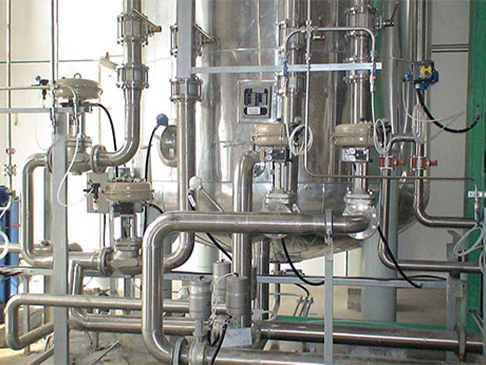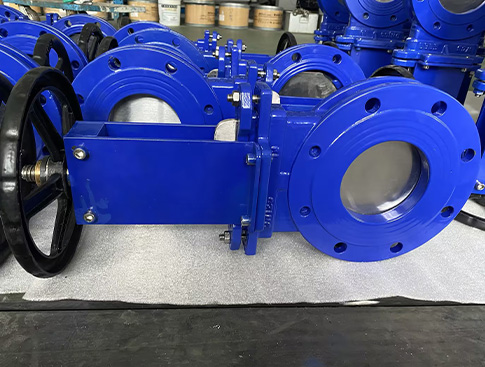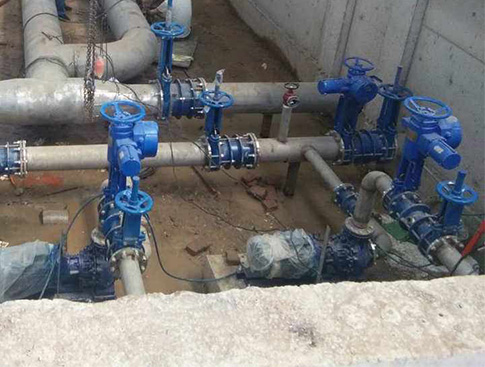
Time:
As a production and processing base for chemical products, chemical plants play a vital role in valves. Valves are mainly used to control the flow, pressure and direction of fluids to ensure the safety and stability of chemical processes. The following are several types of valves commonly used in chemical plants.

1. Globe valve: Globe valve is one of the most common valve types, used to control the flow and pressure of fluids. It cuts off the flow of fluid by closing the valve disc in the valve. It can be used to cut off or start the flow of fluid, as well as control the flow of fluid.
2. Regulating valve: Regulating valves are used to control changes in fluid flow and pressure. It can adjust the valve opening as needed, thereby changing the flow rate and flow rate of the fluid. Regulating valves are typically used in processes that require frequent flow adjustments, such as temperature, pressure, and flow control.
3. Ball valve: Ball valve has the characteristics of simplicity, reliability, and corrosion resistance, and is often used in occasions that need to quickly cut off fluid flow. The ball valve controls the circulation and cut-off of the fluid by rotating the ball, which can quickly close and start the fluid flow.
4. Butterfly valve: Butterfly valve is a fluid control valve that controls fluid flow by rotating a disc. Butterfly valves have the advantages of simple structure, convenient operation, small size and light weight, and are widely used in large-diameter pipelines in chemical plants.
5. Solenoid valve: Solenoid valve is a valve that uses electromagnetic force to control fluid flow. It generates a magnetic field through the electromagnetic coil, attracts or pushes the valve core to open or close the valve, and realizes the control of the fluid. Solenoid valves are widely used in automation systems of chemical plants.
In addition to the above common valve types, chemical plants may also use other special valves based on different process requirements and medium characteristics, such as plug valves, gate valves, check valves, etc. These valves play a vital role in chemical process control, ensuring safe, stable and efficient operation of the process.
In short, valves play an indispensable role in chemical plants, used to control the flow, pressure and direction of fluids to ensure the safety and stability of chemical processes. Different process requirements and medium characteristics determine that chemical plants need to use various types of valves to meet different control requirements.
Relative News

What are the media used for knife gate valves? Knife gate valves, with their unique design and performance, are widely used in many fields and are suitable for a variety of different media.

Knife gate valves are widely used in industrial production and daily life. Choosing the appropriate type of knife gate valve requires comprehensive consideration of multiple key factors.
Submit Request